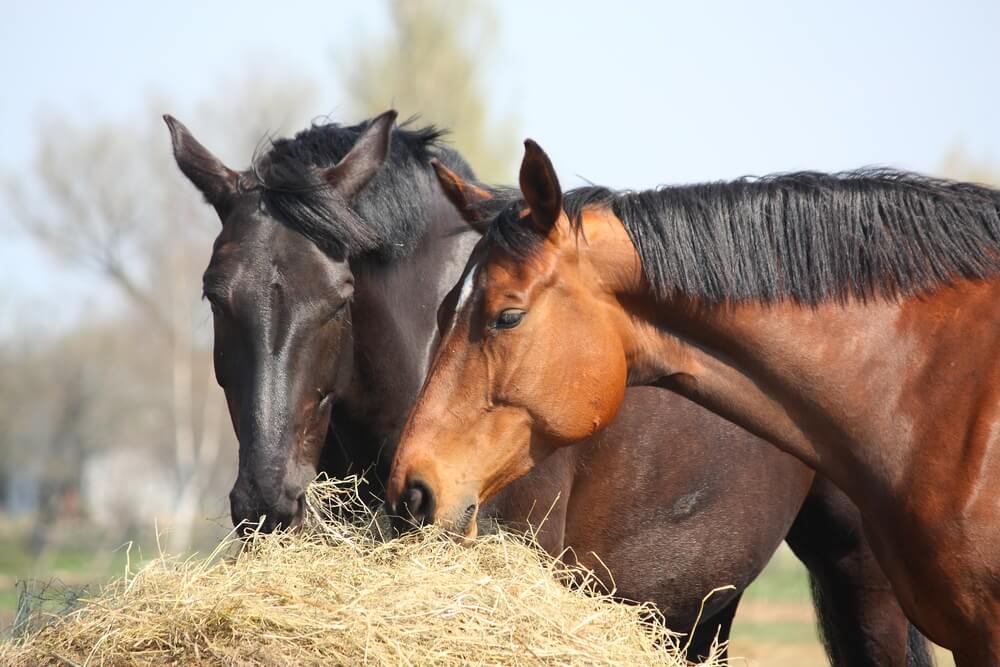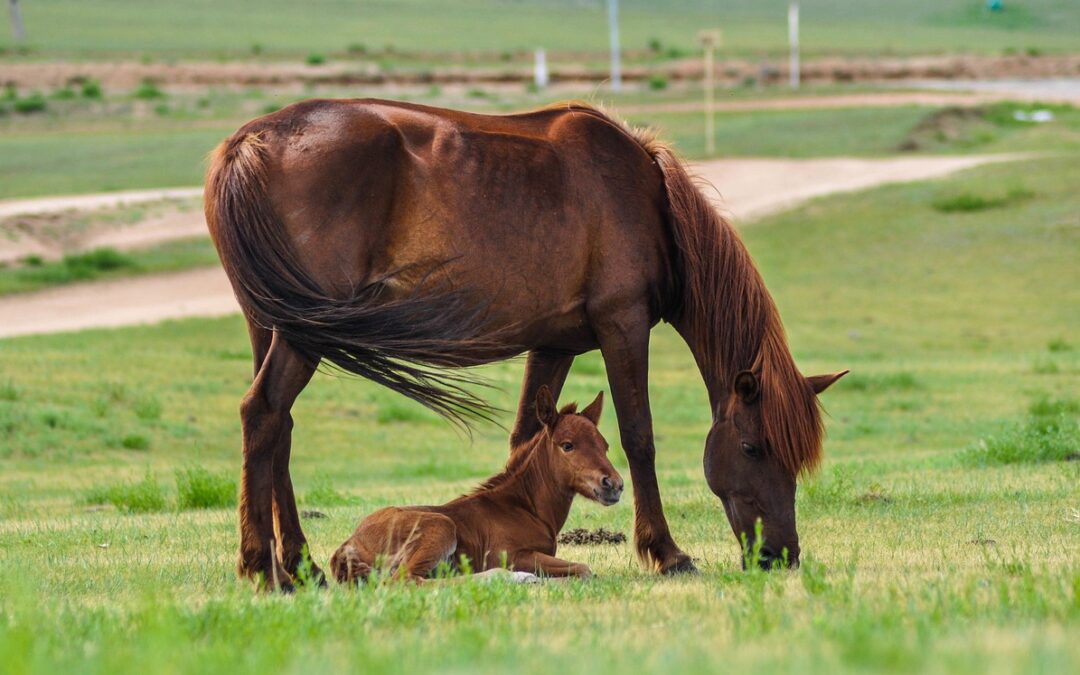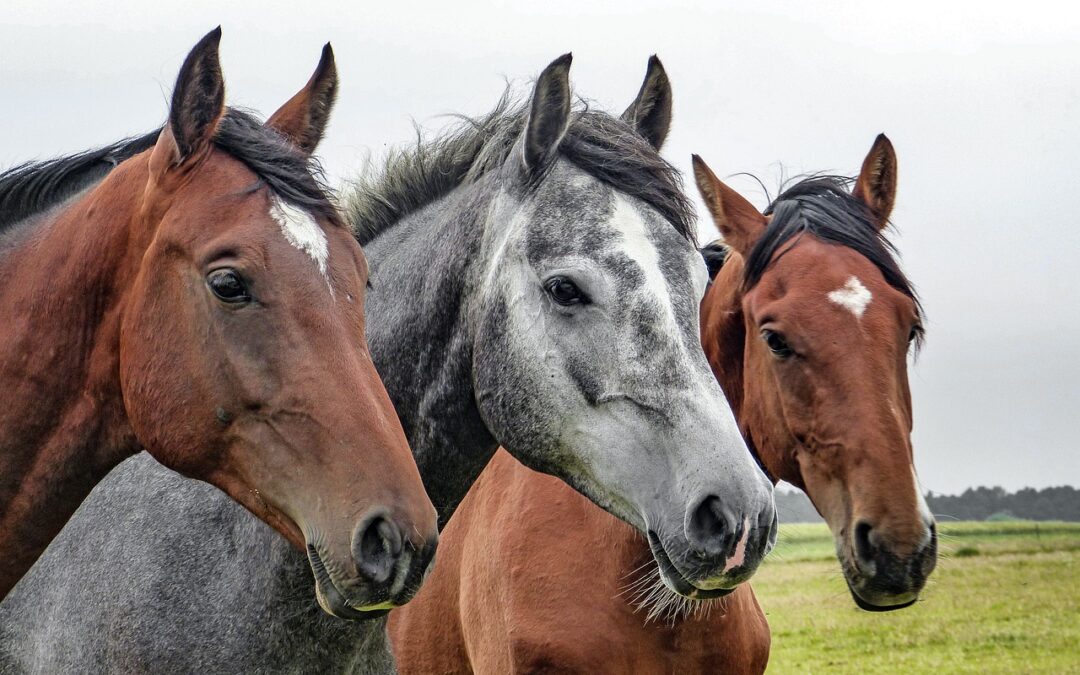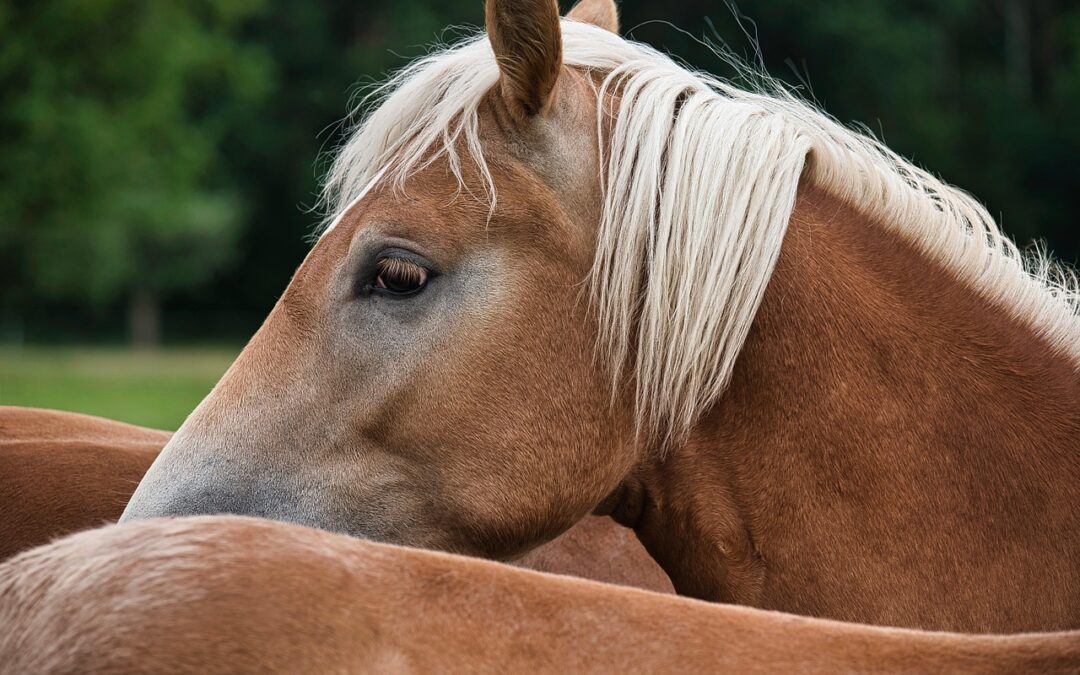
by Robert Barker | Jun 24, 2025 | Uncategorized
At Stockley Outdoor & Equestrian, we believe that feeding in harmony with the horse’s digestive system is one of the most important choices a horse owner can make. Yet starch—often overlooked—is at the heart of many health and behavioural issues. This article...

by Robert Barker | Feb 10, 2025 | Uncategorized
Mares As a general recommendation mares should be wormed throughout the gestation period with a final treatment being given 2-4weeks prior to foaling. You can use Equest or Equest Pramox. On the day of foaling belt and braces would be to give a dose of Ivermectin to...

by Robert Barker | Feb 10, 2025 | Uncategorized
Understanding Pinworm Infections in Horses: Causes, Management, and Control Pinworms in horses: A Closer Look In recent times, a marked increase in pinworm cases among horses has captured the attention of horse owners and vets alike. Although pinworm isn’t a genuine a...

by Robert Barker | Feb 10, 2025 | Uncategorized
To Worm or not to Worm? Historically most horse owners have wormed their horses every few months, (so called ‘interval dosing’), without checking the worm burden of the horse first. However evidence is increasing all the time that we should change that policy for the...

by Robert Barker | Nov 29, 2024 | Uncategorized
Natural Feeding and the Importance of Stable Blood Sugar Levels in Horses Introduction Horses possess a unique digestive system that differentiates them from ruminant animals like cows, which have a four-chambered stomach, including a rumen. Horses, as...

by Robert Barker | Sep 25, 2024 | Uncategorized
Behavioural issues are often blamed on mood swings and owners seek a solution with Calmers. In fact we have often found that the root cause is down to diet. This paper unlocks the nutritional complexities of starch and sugar in equine diets. Unlocking the...







